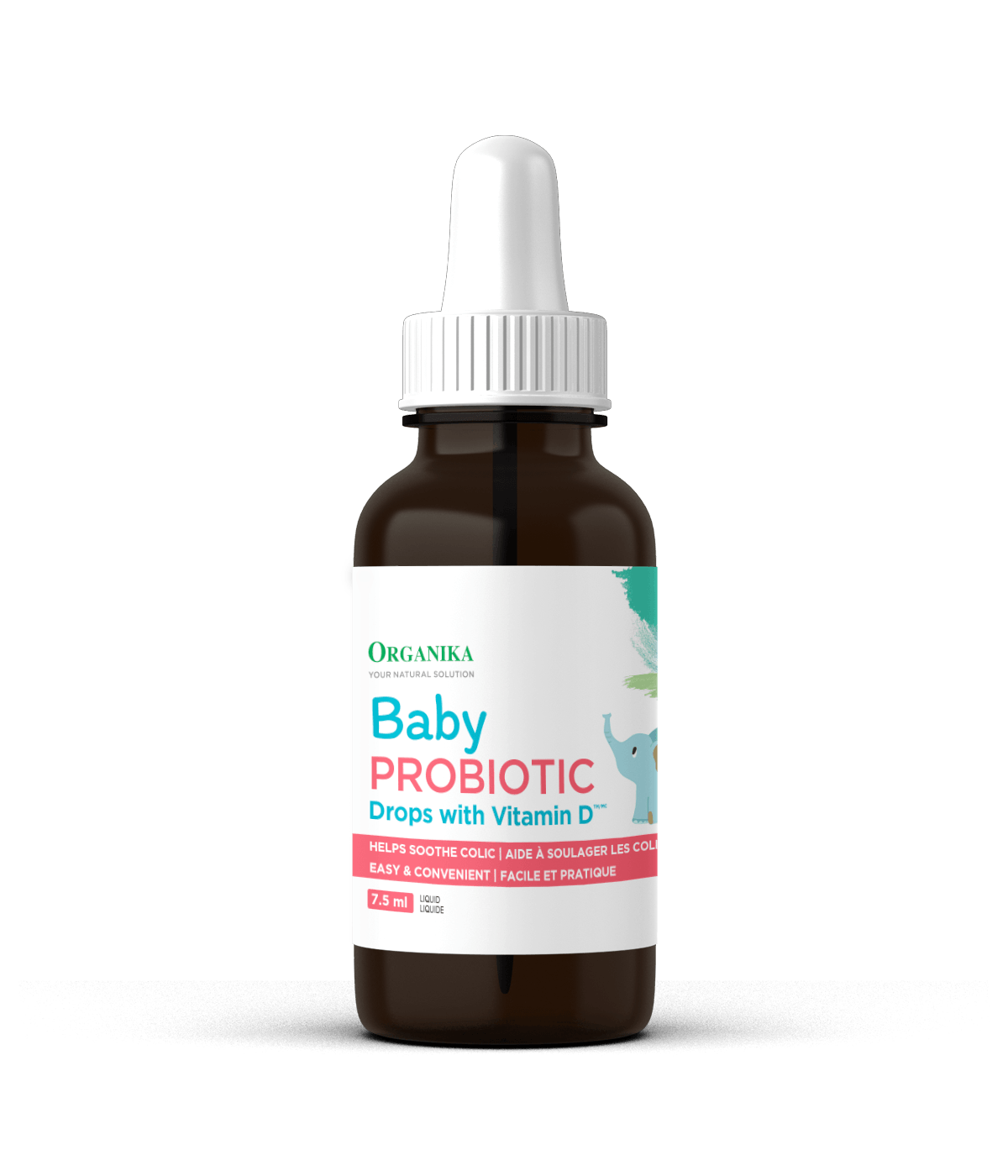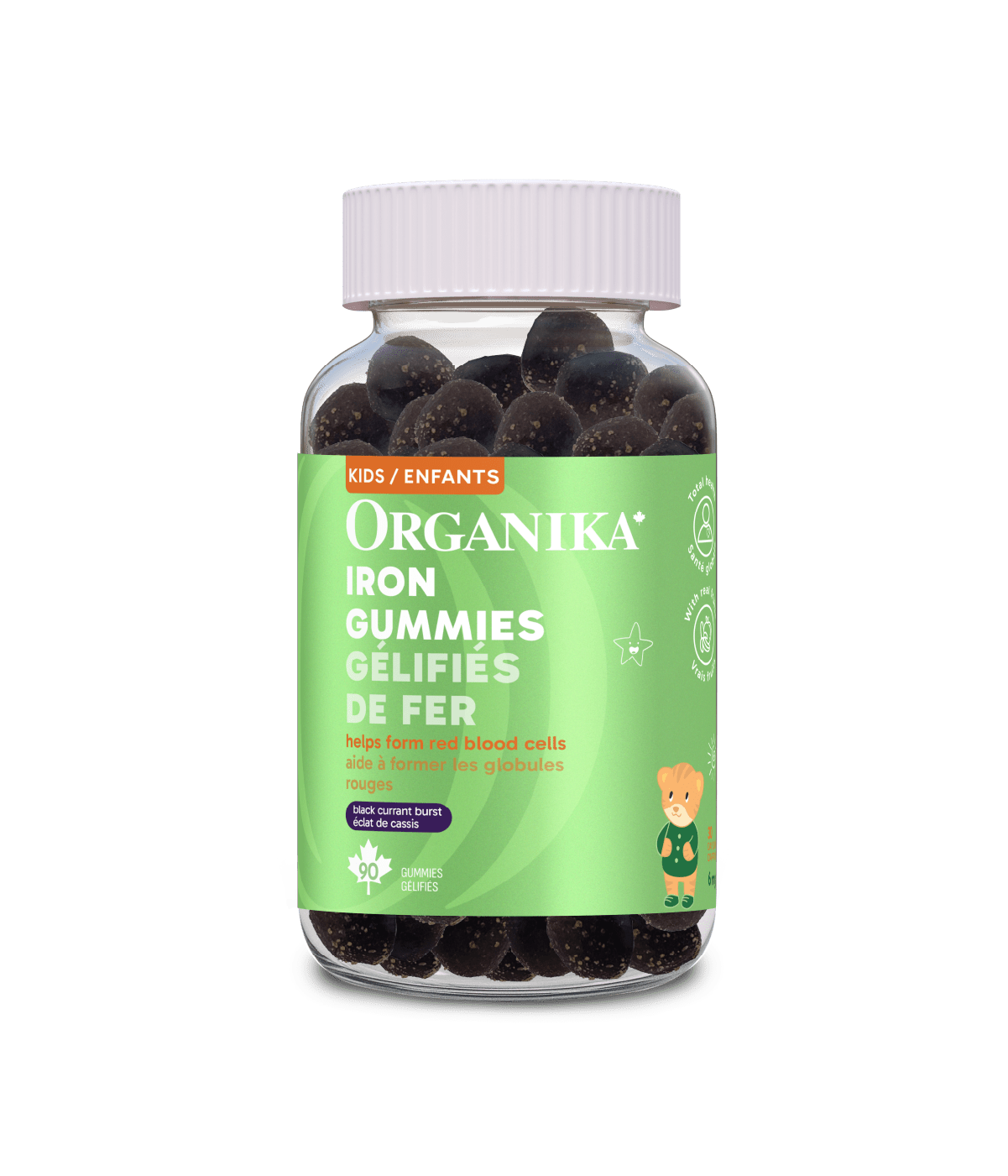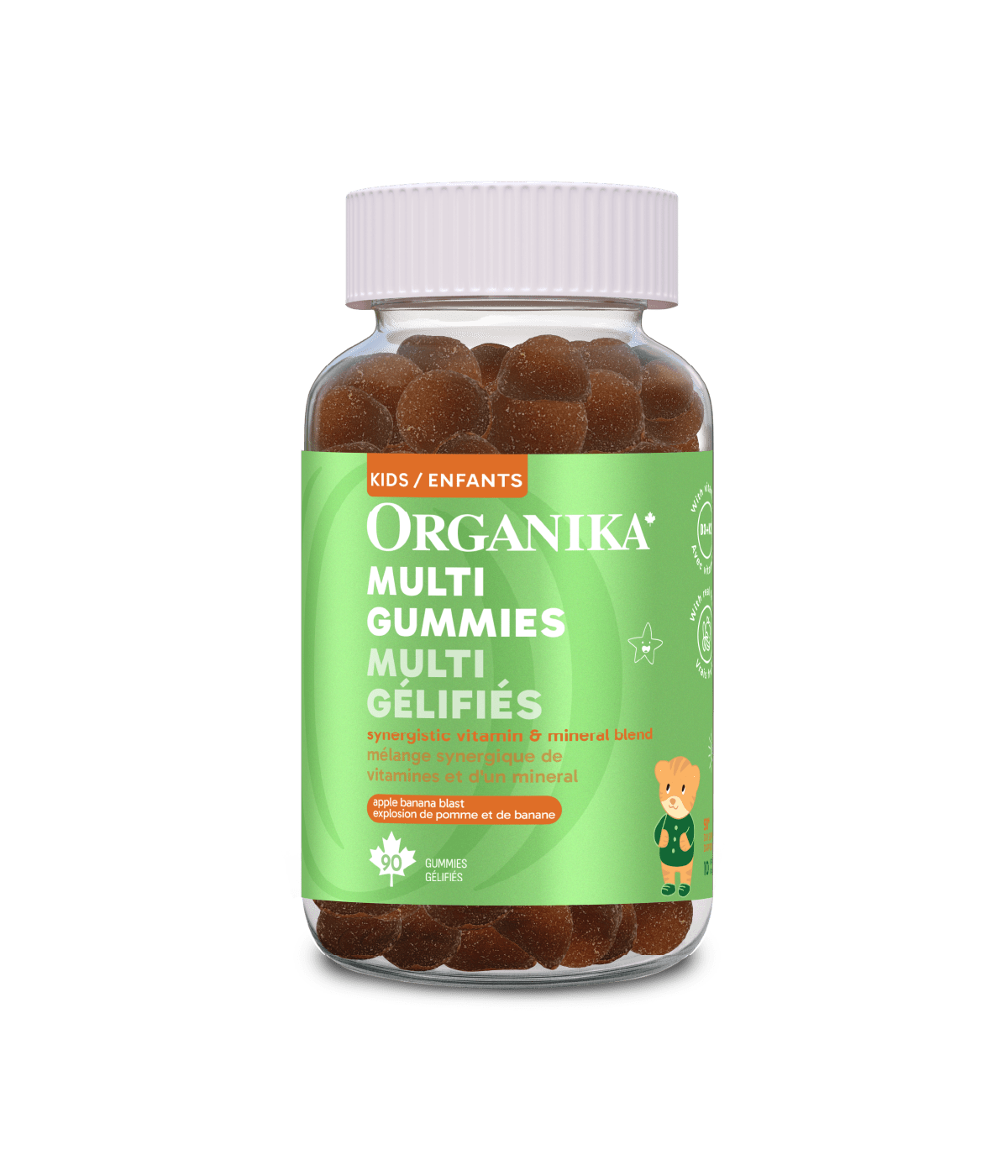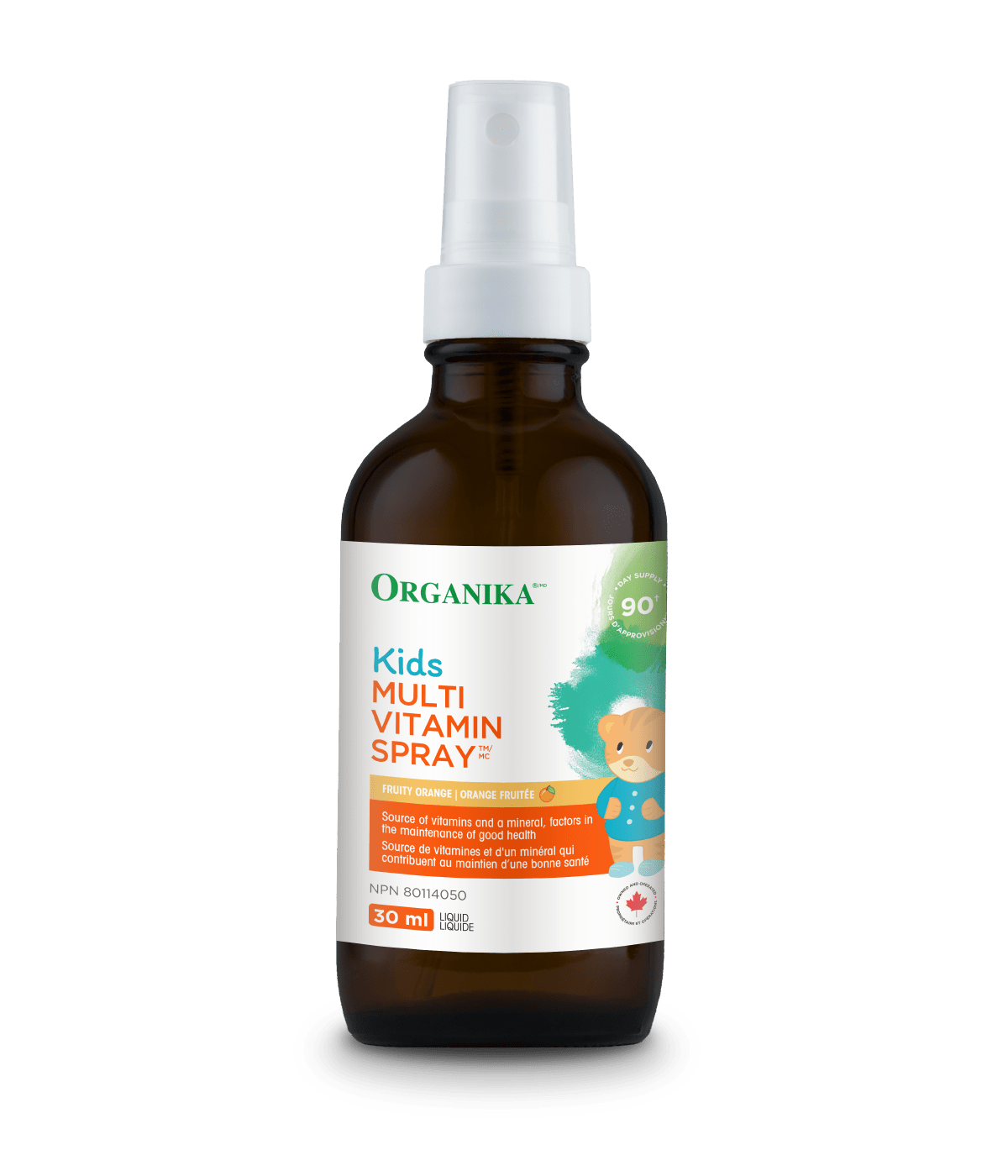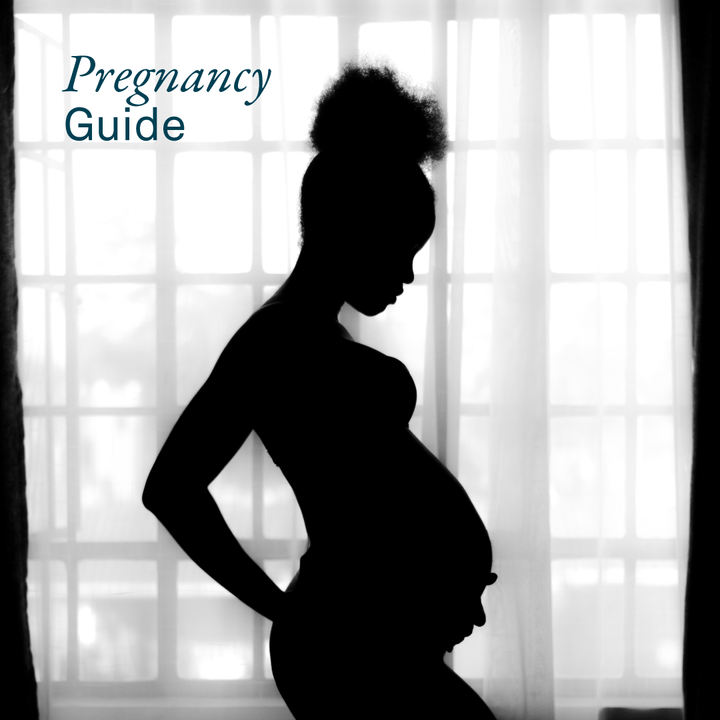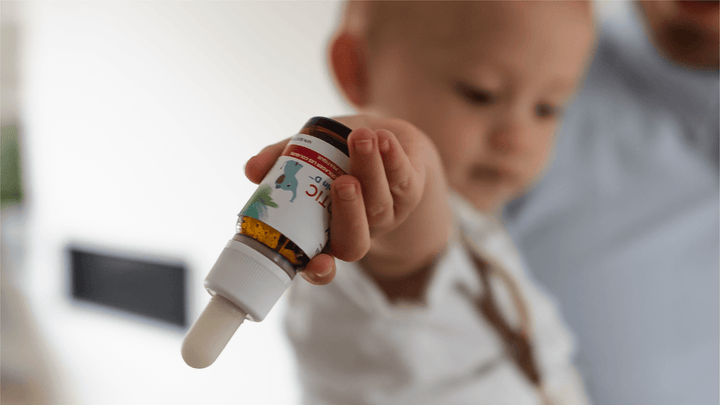Supplement Facts
A gentle and comprehensive supportive supplement for mom and baby that delivers the nutrients most critical for a healthy pregnancy
Ask Away
We’ve got the FAQs covered. But if you’re still stuck, we’re only a message away.
Get in TouchHow does this product help reduce the risk of neural tube defects?
Our product contains folate, which is crucial in reducing the risk of neural tube defects. Since folate is essential for DNA synthesis and cell division, it is especially important early in pregnancy, when the baby’s neural tube is beginning to form.
When should I start taking this supplement if I am planning to become pregnant?
Ideally, you should start taking it very early on, about a month or so before trying to conceive. This allows your body to build up adequate levels of vitamins and minerals, especially folate.
Can I take this supplement if I am not pregnant?
Yes, but you’ll need to be mindful of a couple of things. Many prenatal vitamins, including this one, contain higher doses of iron. This can be beneficial if you’re deficient, but too much iron can lead to health issues. The same goes for other vitamins and minerals—for example, vitamin A can be harmful or even toxic in high doses.
Why is iron included in this formula, and how does it support pregnancy?
During pregnancy, a woman’s blood volume increases significantly to support the growing fetus. As a result, more iron is needed to produce hemoglobin. Without sufficient iron intake, it's easy to develop iron-deficiency anemia, which can lead to fatigue, weakness, and other health issues. The main goal is to maintain adequate energy levels and support placental function by ensuring oxygen and nutrients are effectively delivered from the mother to the baby.
Can I take this supplement with other vitamins or medications?
Yes, however, it’s best to take it with food and a few hours before or after taking other medications or natural health products. Also, be mindful of potential nutrient overlap, which could lead to excessive intake.
Are there any side effects associated with taking this supplement?
Some people may experience constipation, diarrhea, or vomiting. Discontinue use if hypersensitivity or an allergic reaction occurs.
What form of iron is used, and is it gentle on digestion?
The source of iron is iron (II) bisglycinate, which is gentle on the digestive system.
What is the best way to take this supplement for maximum absorption?
Taking it with food is the best way to maximize absorption.
What is the difference between folate and folic acid, and why does this product use folate?
Folate is the natural form of vitamin B9 and is bioactive, meaning it can be used directly by the body once absorbed. Folic acid, on the other hand, is the synthetic form of vitamin B9 and must be converted into its active form before the body can use it. Using folate may also benefit individuals with an MTHFR genetic mutation, which can affect the body’s ability to convert folic acid into its active form.
Is this supplement suitable for vegetarians?
Yes, it’s suitable for vegetarians.
How long should I continue taking this supplement after pregnancy?
It can vary from person to person. However, it's best to consult a healthcare professional for personalized advice.
Can I take this supplement while breastfeeding?
Yes, it’s generally safe. However, it’s always best to consult a healthcare professional for personalized advice.
What should I do if I miss a dose?
Avoid doubling up. Take the missed dose as soon as you remember, unless it’s close to the time for your next dose—in that case, just skip the missed one. To help prevent missing doses in the future, you might consider setting regular reminders.












.jpg?v=1760549985198)
.jpg?v=1760549996548)


















